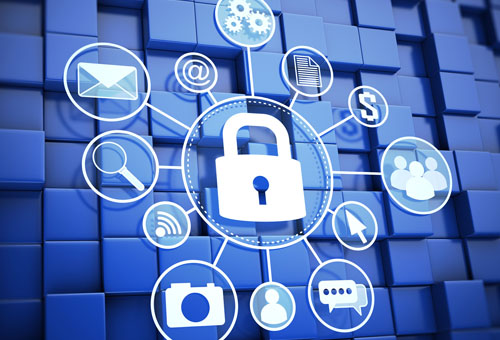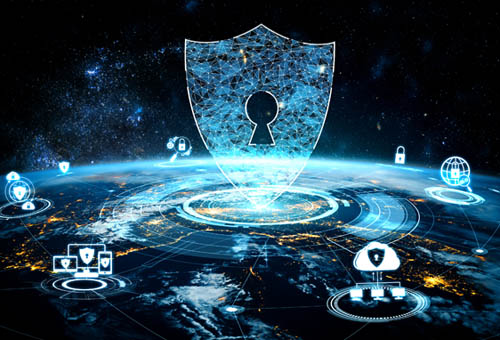


The Internet of Things (IoT) involves a web of data which requires planning to access and manage. During this training, we will explore devices and their connected systems, to understand how they create valuable evidence and could have significance at crime scenes. Examination through live demonstrations on how to retrieve and review the data, identify applicable Fourth Amendment concepts, and apply them to build a legally defensible and ethical case will be discussed.

As the Internet of Things (IoT) becomes ubiquitous in our everyday lives there are privacy and security concerns that citizens should be aware of. This training will provide an overview of IoT and will teach law enforcement officials methods to engage with their communities to provide information about IoT privacy and security. Steps that community members can take to be safer with these devices, and effective teaching strategies regarding prevention will be covered.

Learn how to identify the types of data that is available from connected cars and the difference between network connected cars and vehicle forensics options. Gain knowledge on how to query certain vehicles to determine their connection status to various service providers will also be covered. Explore and be instructed on how to draft legal process for the extraction of vehicle specific data and learn about resources and tools that can assist them in their investigations that involve vehicle data.

As the Internet of Things (IoT) becomes commonplace in our everyday lives, there are important privacy and security concerns that citizens should be aware of. This self-paced training provides an overview of popular IoT devices and explores practical ways to engage with communities to share clear, useful information about IoT privacy and security. Participants will learn steps community members can take to use these devices more safely, along with effective strategies for connecting with diverse audiences around IoT risks and prevention.

Learn how the Apple AirTag works for individuals who want a high-tech option to keep track of their belongings. Examine how this technology is being used to conduct criminal activities, to include stalking. During the webinar, you will learn how an AirTag is synced to an iOS user account, how ‘Find My’ works, limitations to the technology, and issues you need to be aware of when requesting legal compliance from Apple.

IoT trackers are becoming more common as they were initially designed to track your luggage, keys, and other assets. As time went on, criminals learned the potential of these devices to stalk or facilitate other crimes. Learn the use of Apple and Android-based trackers, some of their functionality, and their uses, both good and bad.
